From the master's table, or How the US exports its garbage to third world countries
Categories: Asia | Ecology | North America | World
By Pictolic https://pictolic.com/article/from-the-masters-table-or-how-the-us-exports-its-garbage-to-third-world-countries.htmlThe United States exports around the world not only iPhones, pop culture, and their vaunted democracy, but also less standard products such as garbage. Not so long ago the British newspaper the Guardian did a little research and found out that the US sends annually about 1 million tons of plastic waste to countries where low-valued labor and no government regulation in the environmental situation.
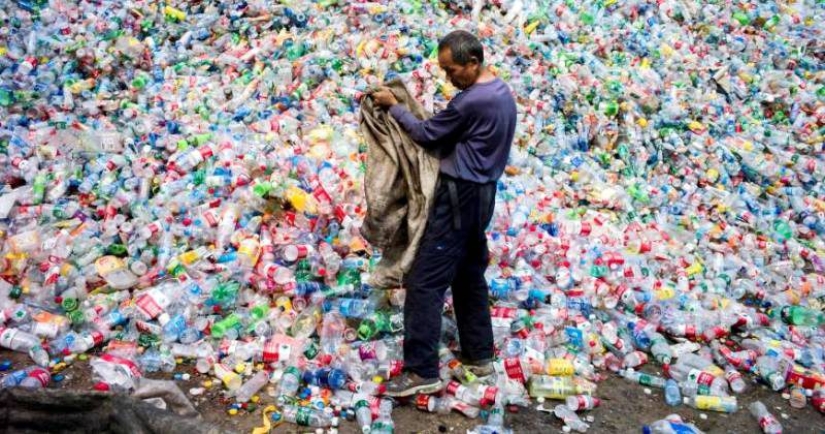
Countries that processed American plastic wastes are not able to cope with their own garbage, so such "brotherly" help significantly worsens the environment and affect human health and General quality of life.
Until 2017 America seriously helped China, taking substantial volumes of recyclable materials for recycling. But then I thought better of it and banned the import of any debris. After that, the U.S. is trying to stuff plastic around the world and cargo ships loaded with this "good", ply the seas and oceans in different directions.
One of the largest processors of American plastic is Malaysia. Surprisingly, a country willing to accept hundreds of thousands of tons of waste, while not cope with the recycling 55% of its own. What does it mean? It's simple — no one recycles this plastic is not. Garbage piles up in landfills and in the best case it is buried in the soil.
Two more "American dump" of plastic to Indonesia and Vietnam. There the situation with their waste even more deplorable — the country does not know what to do with, respectively, 81 and 86% of its waste. Oddly enough, but after the failure of China actively undertook to help US with a garbage problem Turkey. If earlier the country had hosted 159 thousand tons of plastic from the ocean, then after exiting the game China volumes increased to 439 thousand tons in just two years.
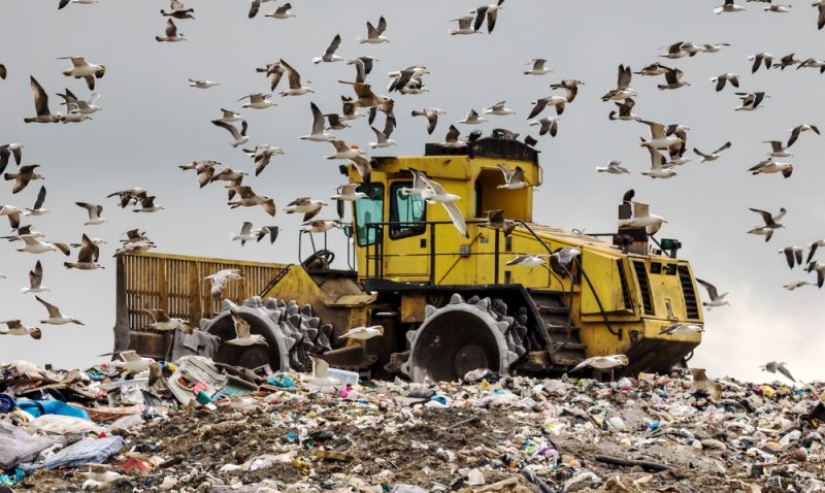
Dozens of barges with plastic monthly visit to the ports of Istanbul and Adana and each carries at least 2 million tons of hazardous waste. We must not forget that the US is not the only exporter of the waste in Turkey is also bring your plastic United Kingdom, Germany and several other European countries.
The Chinese denial has affected the attitude to the problem of other Asian countries. Already announced their rejection of the waste from U.S. authorities in Vietnam, Malaysia and Thailand. In this regard, in the United States are forced to look for today new partners who are ready for the money to turn his land into a landfill of plastic waste.
Every failure of the American authorities are forced to turn to poorer countries. Today, the debris began to arrive in Cambodia, Laos, Ghana, Ethiopia, Kenya and Senegal. Plastic has to be literally stuffed in secluded places so as not to cause public outrage and ecologists host countries.
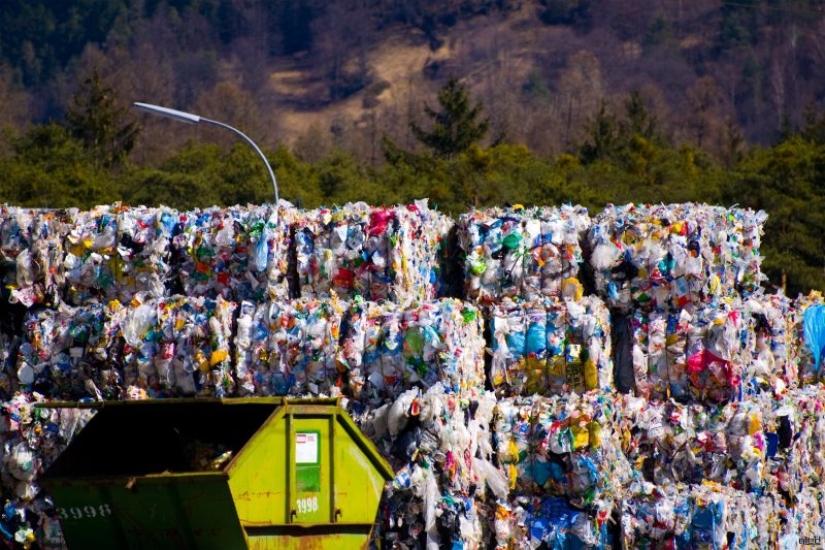
So, in 2018, 260 tons of debris from the U.S. each month were unloaded in the port of Sihanoukville in Cambodia. It is quite clear that any processing and question — all this plastic can be seen on the beaches near the city, which covered them almost completely.
Journalists the Guardian reported that in the early summer of 2019 187 countries have signed an agreement which regulates the export of plastic waste on a global scale. The document among others mentioned the ban on the import of waste to Asia and Africa, supposedly for recycling. Needless to say that the US did not want to join this dangerous international Covenant.
To understand the consequences of the export of plastics for recycling, you need to look in one of the villages not far from Hanoi in Vietnam. The streets of the village is littered with plastic garbage with inscriptions in all languages of the world. In 2018 just from the U.S., Vietnam has imported not less than 83 thousand tonnes of plastic.
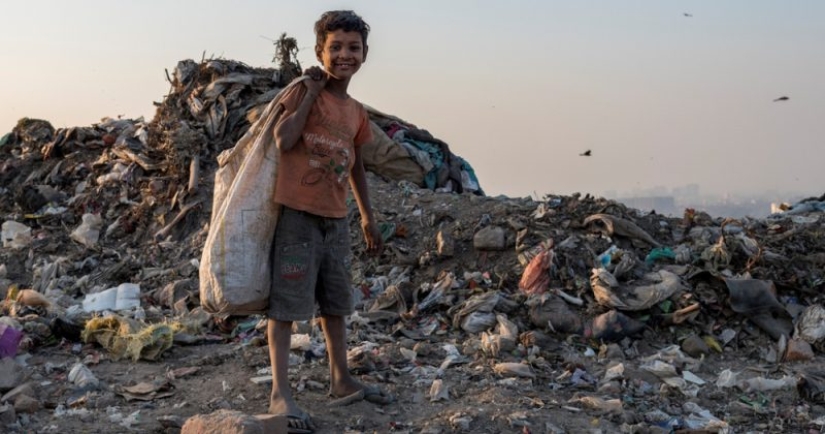
Those plastics who are still lucky enough to get into processing, crushed into ratty old equipment in terrible conditions. Disgusting odors, heat and toxic fumes to kill people involved in this production. But people here are happy even this job, because she does not starve them and their families.
Hundreds of toxic compounds continually act on workers ' processing. They are no longer drinking water from local wells and reservoirs — because of constant contact with toxins it is unfit even for bathing. Hydrochloric acid, sulfur dioxide, and heavy metals are just a small part of what enriches a production environment.
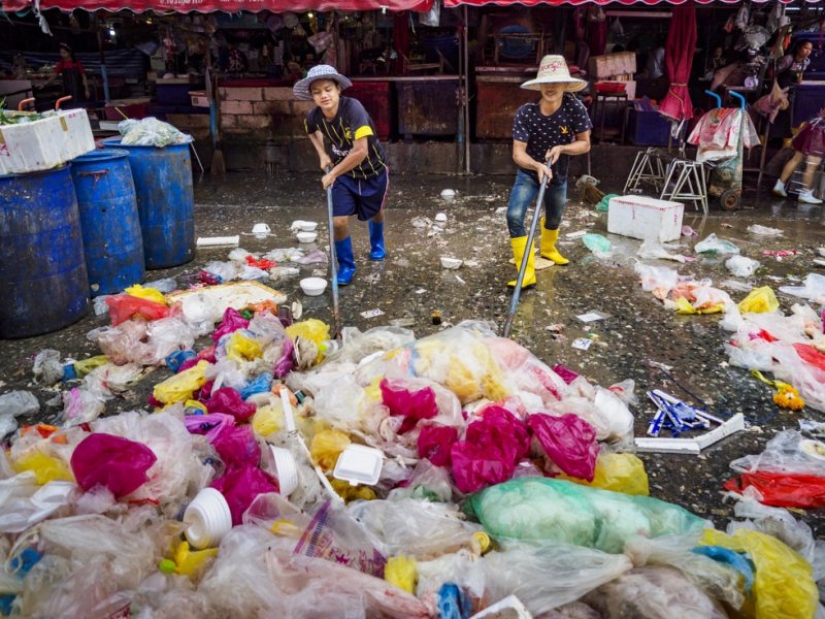
The local population is feeling the effects of cooperation with the Americans, even if not directly associated with the processing of recyclables. Several generations of Vietnamese people of these areas suffer from developmental disorders, cancer, asthma and various allergic reactions.
At that time, as a third world country choking on imported foreign waste in the European Union progressively introduce a complete ban on plastic.
Keywords: Recycle | Environment | Recycling | Plastic
Post News ArticleRecent articles

It's high time to admit that this whole hipster idea has gone too far. The concept has become so popular that even restaurants have ...

There is a perception that people only use 10% of their brain potential. But the heroes of our review, apparently, found a way to ...
Related articles

The beauty of nature not to obscure — it can only emulate. Artist from Dallas makes people closer to the natural environment. In ...

Despite the fact that the world is full of starving people, every year the inhabitants of our planet emit not less than 1.3 billion ...

Sakhalin has become a place of distribution of giant plants. Ordinary burdocks, buckwheat and belokopytnik grow to gigantic sizes ...

New Year's is a time to surprise and delight loved ones not only with gifts but also with a unique presentation of the holiday ...